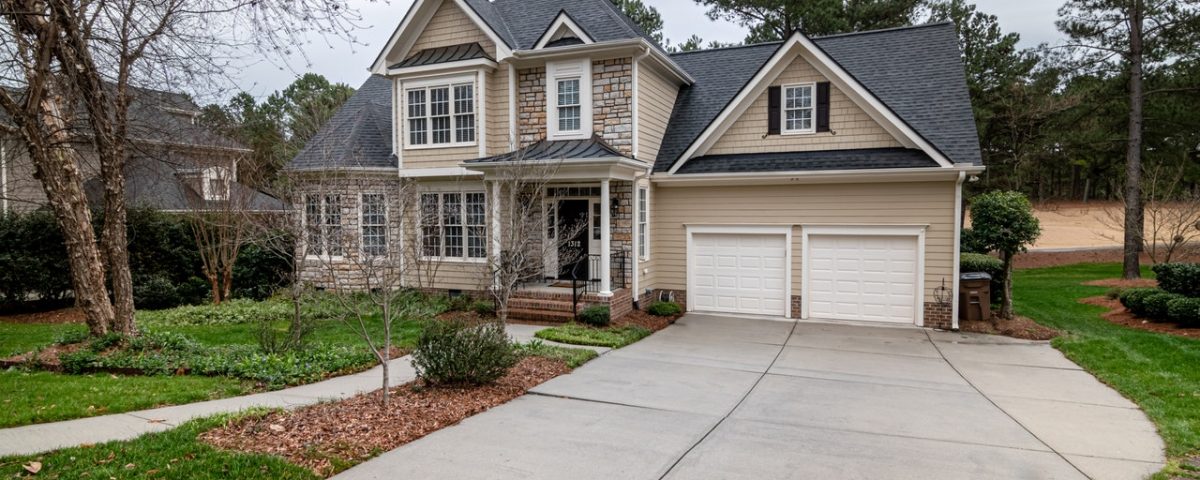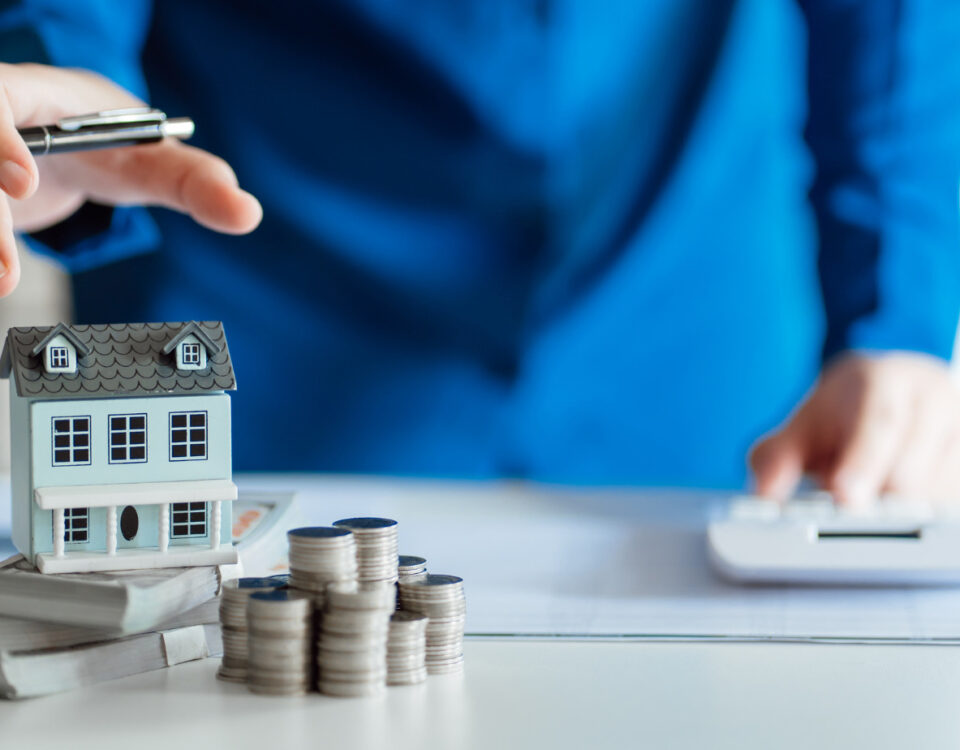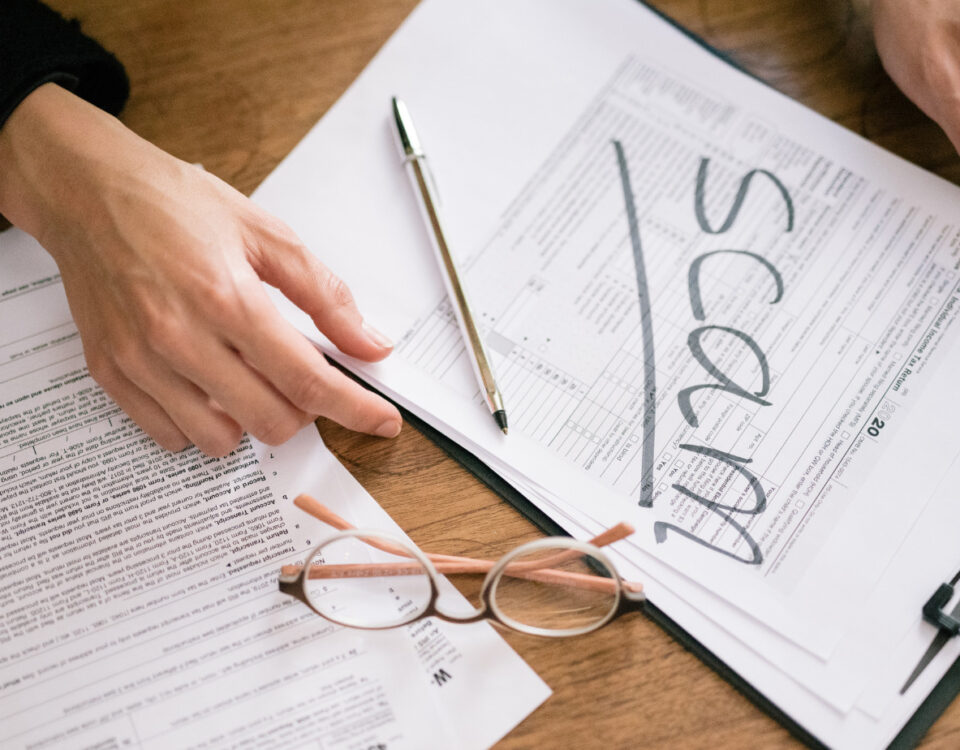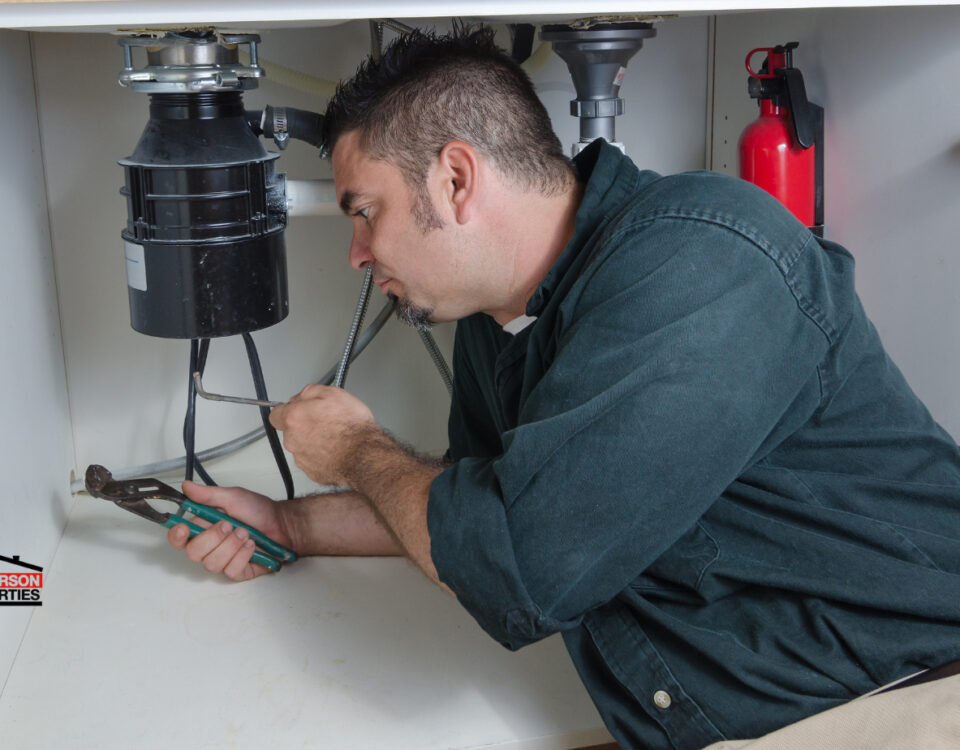- Walk-in Traffic is by Appointment Only - More Details
Is Purchasing Property a Good Investment?

Welcome to the Team!
September 4, 2020
Property Management in Charlotte Metro
October 27, 2020It seems like the honest answer to this question would be a resounding yes. When is it ever a wrong time to invest in property? If you’re patient enough, it almost always pans out.
But it’s a fair question nonetheless—especially these days. During the pandemic, there’s a fair share of economic hardship and uncertainty going around. Are record-low mortgage rates enough to make delving into real estate investment worth it?
The easy answer is to reaffirm that it’s always a good investment. Still, a more honest answer acknowledges that it’s going to depend on an individual’s situation. The smartest things to do are research the local market thoroughly and consult with experts before doing this for the first time.
You would also do well to ask yourself these questions:
Are Low Mortgage Rates Always a Good Thing?
Currently, mortgage rates are at historic lows, and it’s not too unusual to find lenders offering 30-year mortgages below 3% for owner-occupied homes.
Conventional wisdom says that’s the perfect time to buy. But is there a downside?
Low rates make owning a property more affordable, but should mortgage rates go up in the future, it could affect prices. You might find yourself getting a lower return on your investment than anticipated or finding yourself having difficulty selling a property on your timetable.
And while low mortgage rates can make a property seem more affordable at first glance, it can also encourage a rise in property costs—mainly when supply is short and demand is high.

Are You Looking To Occupy Or Rent?
Before deciding to purchase property for living in, determine if you will be staying in the same area for a time—seven or eight years, at least. And take a good look at your finances now and what they may become. Would it make more sense to rent now and build up capital for a property purchase later on? Do you have enough funds to cover a healthy down payment, but also closing costs, transaction fees, and the usual costs associated with first-time home buying such as repairs and appliances?
If you’re considering purchasing property to rent, how much can you expect to earn off your investment reasonably? As necessary, is the local economy healthy enough to support renters? In areas of high unemployment, you may run into repeated issues of late or missed rent payments, leaving you on the hook. Likewise, will the rent you take in cover additional expenses such as insurance and maintenance?
You don’t want to be left with buyer’s remorse because you either purchased too soon or failed to consider the multiple factors involved with renting out.
How Stable Are Your Finances? How Stable Will They Remain?
Unfortunately, it’s a fair question to ask right now.
At this stage of the pandemic, we have a good idea of what businesses are most vulnerable and what companies are likely to survive. That said, it pays to be cautious.
Suppose you’ve had stable employment over the past year, and your business is healthy. In that case, you’re probably in an excellent position to invest in real estate assuming you’ve built up some capital for the initial layout, but also a buffer should things take a turn.
Suppose your employment situation has been a bit more unreliable. In that case, it might be best to wait until you’re confident you can meet all of your loan obligations and afford all associated costs with ownership, such as maintenance, taxes, and insurance.
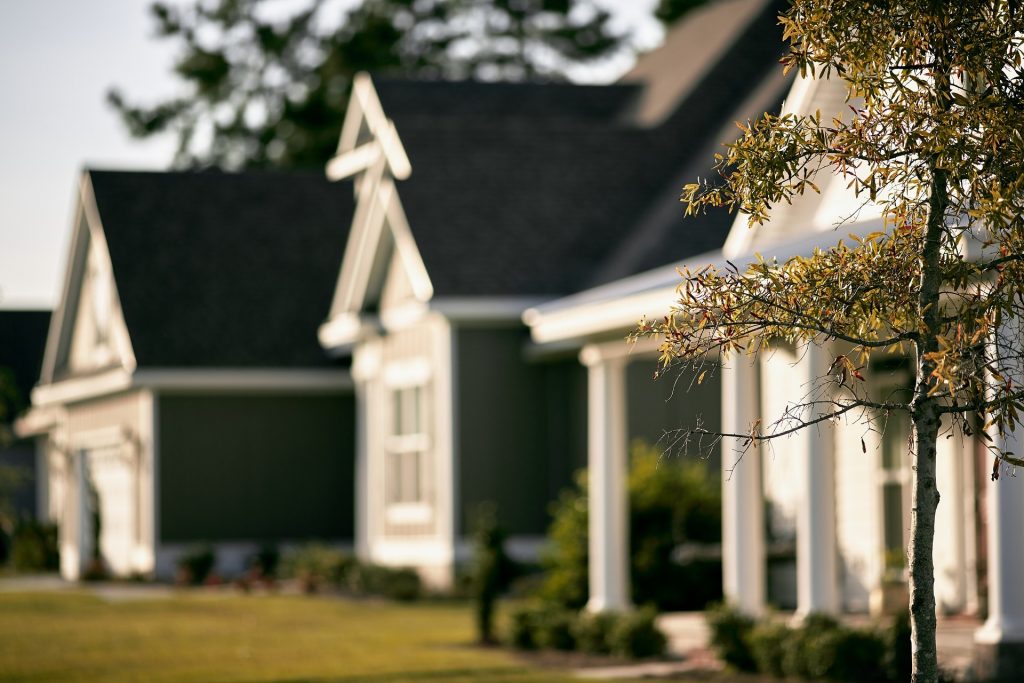
Have You Done a Risk Assessment?
This year, we’ve seen the Western states on fire, the Southern and Gulf states battered by hurricanes, and part of the Midwest experiencing record high winds.
Insurance can be slow to pay, and federal relief is not a guarantee. Lenders, however, will still expect to be paid. Can your property investment strategy handle that?
Even if you’re looking at an area of relative stability, there could be more specific local factors to consider, such as drainage, intermittent coastal flooding, or heavy snow and ice.
We’re not saying that any of these are reasons not to invest, but that you shouldn’t wade into property investment without conducting a dependable assessment of the risks.
What Does the Community Look Like?
How are the schools? Does the community handle garbage pickup, or do you need to contract with private firms? Is your neighborhood sewer or septic?
All of these will affect property value and, more importantly, resale value.
If your area is lacking, that’s not necessarily a reason to abandon your plans. What does the future look like? Are they planning more schools? Is there an influx of families and jobs? Are there community development plans underway in local government?
It’s worth considering an area that needs improvement if those improvements are clearly on the way.
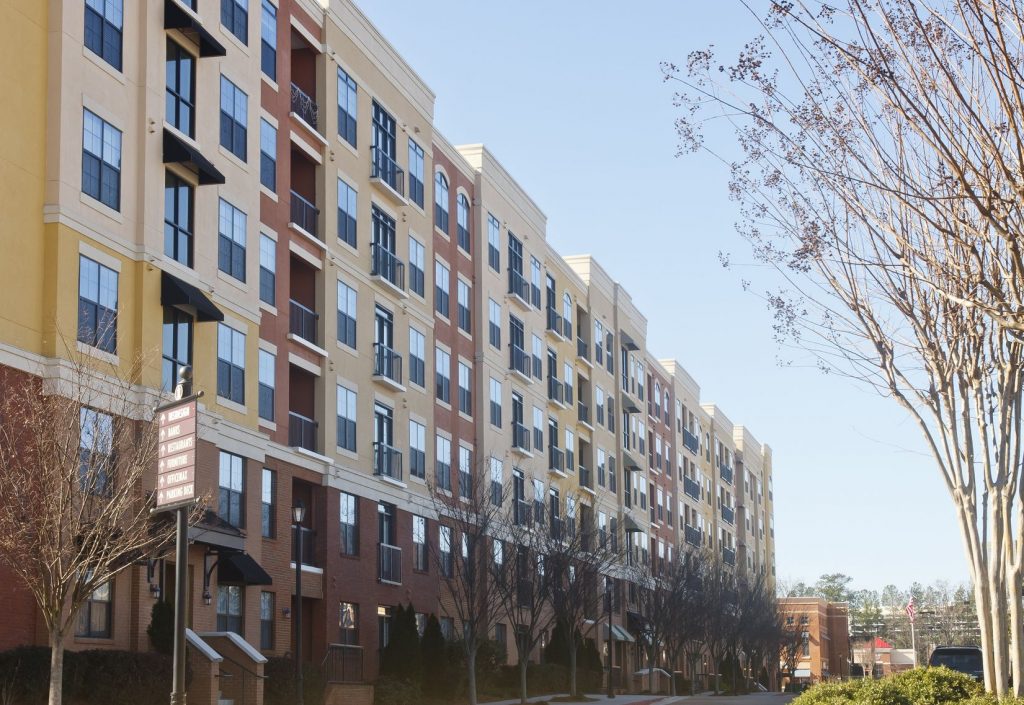
Conducting Due Diligence
Is buying property a good investment?
The short answer is, “Yes.”
The long answer is, “Yes, but.”
By that, we mean that it is on you to conduct some due diligence in determining the answers to the above questions.
This is true of any investment. Where investing in something like the stock market can be done more short-term, real estate investment requires a longer view, patience, and foresight.
Real estate is a substantial investment, but researching your plan in an absolute must.
If you are interested in purchasing an investment property in Charlotte, NC, work with one of our investment consultants!

